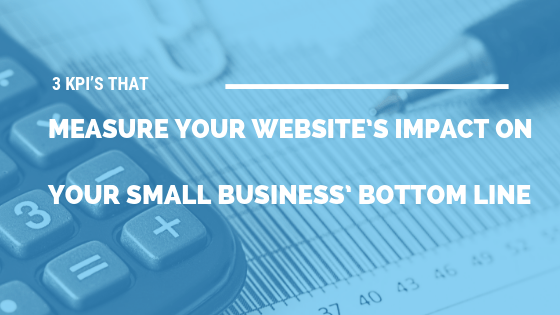Everything You Need to Know About Accepting Cryptocurrency on Your E-commerce Store
Cryptocurrencies are dominating the conversation in the
world of finance, with many speculating that they could soon expand to overtake
or even replace traditional monetary systems. Blockchain-based software like
Bitcoin and Ethereum have become ubiquitous, and the associated crypto-tokens
have exploded in value. Keen-eyed prospectors now monitor every fluctuation in
the price of the currencies. But up till this point, trading cryptocurrencies
and using them for peer-to-peer transactions was the main appeal. What happens
when people want to start using their cryptocurrencies the same way they do
their real money and make actual
purchases? If you run an online store or any other type of e-commerce platform, you need to be prepared to
accept payments in cryptocurrencies. Here's what you should know about
accepting Bitcoin and other cryptocurrencies as payment in your store.
Why Accept Crypto?
Customers want to pay with cryptocurrencies, and that's a trend that will continue to increase. But beyond that, there are other reasons merchants should be excited about accepting crypto payments. For one thing, Bitcoin transactions are irreversible, unlike credit card transactions, making it more difficult for people to commit e-commerce fraud, using chargebacks to get their items for free. Another benefit: Bitcoin transactions occur directly between buyer and seller, with no middlemen to add on fees, lowering your transaction costs. If you do a lot of business, those savings could add up quick. Also, consider who uses cryptocurrencies. The tech-savvy consumers who use this futuristic form of money are likely to spend lots of time online and make a lot of online purchases. Accepting cryptocurrencies makes your business stand out to this valuable and important demographic group.
Possible Problems
Bitcoin and ether are both relatively volatile currencies, meaning their value appreciates and depreciates extremely rapidly. This could scare some business owners off-after all, if someone purchases your product with a cryptocurrency that then becomes worthless, you effectively lost money on the deal. Fortunately, there are solutions that allow you to immediately convert the crypto-cash you receive into more stable, government-backed money. But this brings up another potential downside. The lack of transactional fees that lures many vendors into accepting Bitcoin is irrelevant if they end up paying greater fees to a third party to process payments and convert funds.
How to Accept Bitcoin (And Other Cryptocurrencies)
If your e-commerce store is operating on an existing platform, it's likely there are already integrated solutions you can use to accept Bitcoin. If your site operates on Magento, you can use BitPay or CoinGate to process BTC transactions, while sites running on Shopify have even more options, including Coinbase, Dwolla, and GoCoin. You should explore your options, though: as we've stated, one major draw of Bitcoin is that transactions have low or nonexistent fees, but each of these processors will charge some amount to process transactions.
Luckily, it's cheaper than the fees charged by credit card companies in most cases. Before choosing a processor, you should find out what fees they charge, while also weighing the frequency of payouts, the currencies they support, and what countries they’ll process payments from. Consider the priorities of your business, pick a payment provider, and join the future of currency!






















